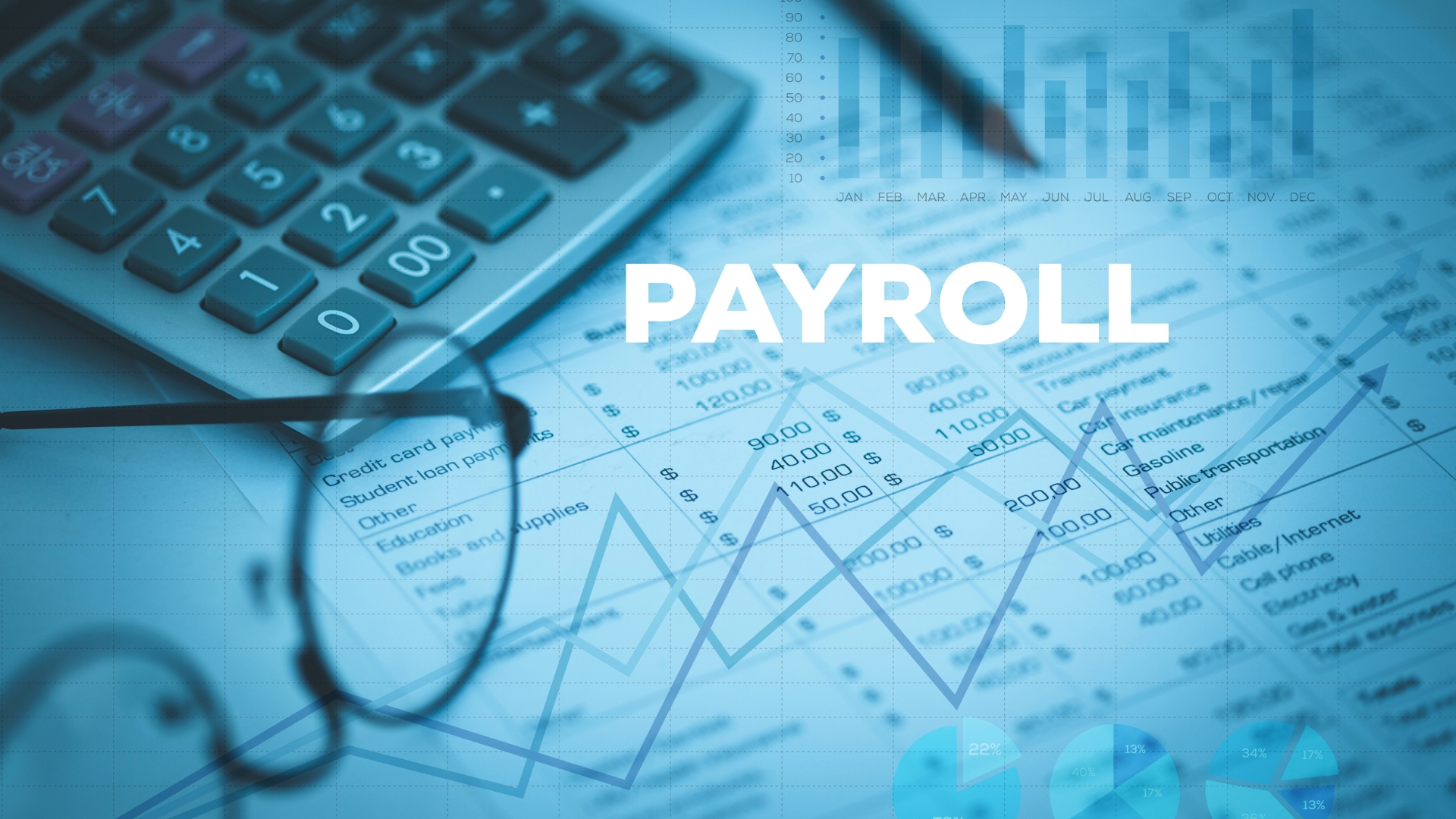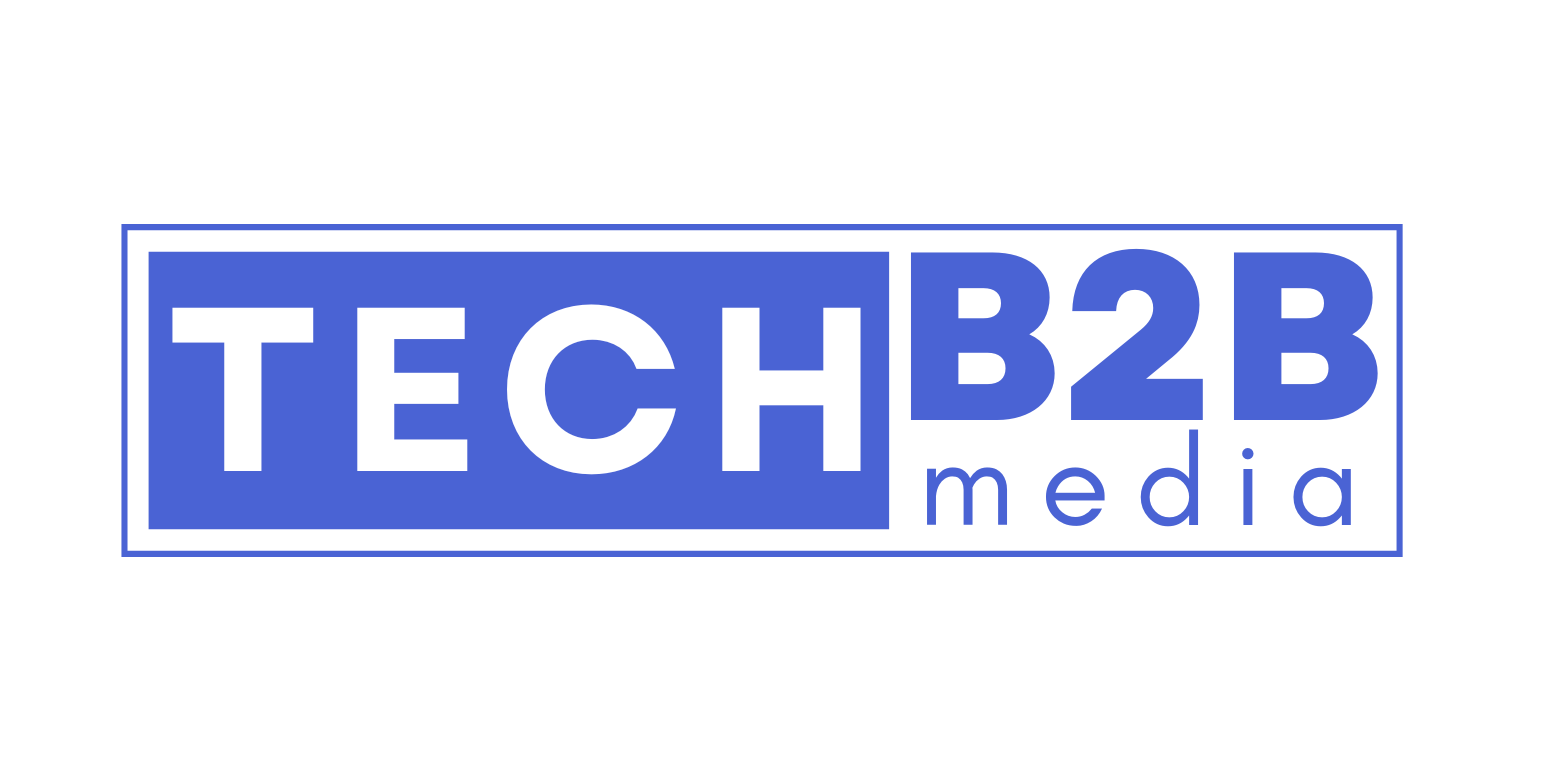Introduction
Payroll is one of the most crucial yet complex parts of running a business. If you’ve ever had to manage payroll manually, you know how time-consuming and error-prone it can be. Keeping track of hours worked, overtime, bonuses, and taxes—not to mention complying with changing laws—requires intense focus and precision. Thankfully, with the rise of automated payroll services, many businesses are now enjoying smoother operations and fewer headaches. This article will explore how automated payroll systems save time and reduce human error, offering peace of mind to business owners and employees alike.
What Are Automated Payroll Services?
Automated payroll services are software solutions designed to streamline payroll processing. They replace manual methods of calculating wages, taxes, and deductions with digital automation, allowing for quicker and more accurate payroll management. Historically, payroll was often handled by large teams of bookkeepers manually entering data. But as technology advanced, payroll automation grew out of the need for more efficiency and fewer errors.
Benefits of Automated Payroll Services
The key advantages of automated payroll services lie in their speed, accuracy, and reliability. Let’s break down how these systems deliver time-saving benefits while minimizing mistakes.
Speed and Time-Saving Capabilities
One of the most obvious benefits of payroll automation is how much time it saves. Instead of manually calculating every employee’s hours, wages, overtime, and deductions, automated systems handle these tasks within seconds.
- Quick Calculations and Payments: Automated payroll systems swiftly calculate wages, making it easier to process payments on time. Instead of waiting for spreadsheets to be updated or errors to be fixed, the system processes payments with just a few clicks.
- Automated Tax Filing: Gone are the days when HR departments needed to stay up late to meet tax deadlines. Payroll software often comes with features that automatically file taxes, keeping you compliant without the hassle.
Accuracy and Reduction of Human Error
Human error can be costly—both in terms of time and money. Even a small miscalculation can lead to incorrect payments, frustrated employees, and potential legal consequences. Payroll automation tackles this head-on.
- Elimination of Manual Entry Errors: Manual payroll processes often involve repetitive data entry, a breeding ground for mistakes. Automated systems pull data directly from time-tracking systems and employee records, eliminating the need for manual input.
- Improved Data Integrity: Automated payroll ensures that the data remains accurate from the moment it’s entered to when payments are processed. Consistent checks and balances within the system help maintain the integrity of the data.
Time-Saving Advantages of Automated Payroll
With automation, time-consuming tasks become a breeze. Many repetitive payroll tasks that once took hours now take minutes or are entirely hands-free.
- Simplifying Payroll Calculations: The software automatically calculates wages based on the hours worked, rates of pay, and deductions. You no longer have to double-check your numbers.
- Automating Recurring Payments: For salaried employees, recurring payments can be set on autopilot, eliminating the need for repeated processing every payroll period.
- Handling Overtime and Bonuses Seamlessly: Complex payroll items such as overtime, bonuses, and commissions are handled automatically, making payroll much simpler.
- Scheduling Payments in Advance: Set payments to occur automatically on a scheduled date, ensuring timely deposits without the need for last-minute action.
Reducing Human Error in Payroll
One of the most significant ways automated payroll systems help businesses is by reducing human error.
- Elimination of Calculation Mistakes: Whether it’s calculating taxes, deductions, or employee hours, automation removes the risk of miscalculations.
- Auto-Tax Deductions and Compliance: Automated payroll systems ensure that taxes are correctly deducted based on up-to-date tax regulations, saving you from fines and audits.
- Accurate Record-Keeping and Reporting: Proper record-keeping is essential for both compliance and internal audits. Automated payroll systems ensure that every transaction is properly logged and easily retrievable.
Enhanced Compliance and Legal Adherence
Navigating the complex world of tax laws and labor regulations can be overwhelming. One of the biggest advantages of automated payroll systems is their ability to ensure legal compliance effortlessly.
- Staying Updated on Tax Laws and Regulations: Payroll software providers typically update their systems regularly to reflect changes in tax laws, so you don’t have to keep up with them manually.
- Automated Tax Filing and Documentation: These services often come equipped with automated tax filing features, ensuring that your business files accurately and on time.
- Avoiding Costly Penalties: By staying compliant with tax laws, you reduce the risk of penalties for late or incorrect filings.
Data Security and Confidentiality
Data security is a critical concern, especially when dealing with sensitive payroll information. Automated payroll services prioritize security measures that protect both employee and company data.
- Protecting Sensitive Payroll Data: Strong encryption and secure cloud storage ensure that payroll data is protected from breaches.
- Encryption and Secure Cloud Storage: Cloud-based payroll services utilize encryption to safeguard sensitive information from unauthorized access.
- Ensuring Only Authorized Access: Automated systems allow you to assign roles and permissions, making sure that only the right people can access payroll data.
Scalability and Flexibility
Automated payroll systems grow with your business. Whether you’re a small startup or a large corporation, these systems offer flexibility and scalability to suit your needs.
- Scaling with Business Growth: As your business expands, so does your payroll complexity. Automated systems can easily accommodate additional employees, departments, and even international payroll needs.
- Handling Diverse Payment Structures: Automated payroll handles everything from hourly wages and salaries to commissions and bonuses without breaking a sweat.
- Customization for Different Business Needs: Many payroll systems offer customizable options, allowing businesses to tailor the software to their specific requirements.
Cost Efficiency
In addition to saving time and reducing errors, automated payroll systems can also cut costs in other areas.
- Reducing Administrative Costs: Fewer manual processes mean fewer administrative hours, resulting in cost savings for the business.
- Eliminating the Need for Large HR Teams: Automated systems can perform the duties of an entire payroll department, allowing you to allocate your HR resources elsewhere.
- Long-Term Savings from Reduced Errors and Penalties: With fewer mistakes and timely tax filings, businesses can avoid the high costs associated with payroll errors and tax penalties.
Integration with Other Business Systems
Another benefit of automated payroll services is their ability to integrate seamlessly with other business systems, making them even more efficient.
- Linking Payroll to Accounting Software: Many payroll services can sync with your accounting software, ensuring that payroll data is automatically reflected in financial reports.
- Streamlining HR Management: Automated systems often integrate with HR management software, creating a smooth flow of employee information from onboarding to payroll.
- Synchronizing Employee Benefits and Records: Employee benefits like healthcare and retirement contributions can be automatically calculated and recorded, reducing the administrative burden.
Common Misconceptions about Automated Payroll
Despite the many benefits, some misconceptions still exist about automated payroll systems.
- Myth: It’s Only for Large Companies: While large companies benefit from payroll automation, small businesses and startups can also save time and reduce errors with automation.
- Myth: Automation Is Too Complicated: Payroll automation systems are designed to be user-friendly and easy to set up, even for those without a tech background.
- Myth: Lack of Human Oversight Leads to More Errors: In reality, automated systems are often more accurate than manual processes, as they remove human error from the equation.
Real-Life Examples of Automated Payroll Success
Many businesses, both large and small, have seen remarkable improvements after switching to automated payroll.
- Small Business Case Study: A small business owner who struggled with manual payroll found that automation cut payroll processing time in half and nearly eliminated errors.
- Enterprise-Level Implementation Story: A large company streamlined its payroll across multiple locations, ensuring consistency and reducing the workload on HR teams.
- How Startups Are Benefiting from Automation: Startups with lean teams have embraced payroll automation to focus more on growth and less on administrative tasks.
How to Choose the Right Automated Payroll Service
Selecting the right automated payroll service is crucial for achieving maximum benefits.
- Features to Look For: Look for features like tax automation, direct deposit, reporting, and integration capabilities with accounting or HR software.
- Pricing and Value for Money: Compare costs and determine which service offers the most value for your budget.
- Customer Support and User Experience: Ensure that the service provides excellent customer support and an intuitive interface.
Conclusion
Automated payroll services are transforming how businesses manage their payroll, saving time and reducing human error. With the ability to automate complex tasks, improve compliance, and ensure data security, these systems allow business owners to focus on growing their company rather than getting bogged down in administrative tasks. By transitioning to automated payroll, you not only enhance efficiency but also ensure that your employees are paid accurately and on time. Automation is clearly the future of payroll, and those who adopt it early will reap the rewards.
FAQs
- How does automated payroll handle tax changes?
Automated payroll services automatically update to reflect the latest tax laws, ensuring accurate deductions. - Is it difficult to switch from manual payroll to automated payroll?
Most automated payroll systems are user-friendly and offer onboarding support to make the transition smooth and easy. - Can automated payroll services handle international employees?
Yes, many services offer features to manage payroll for international employees, taking into account different currencies and tax laws. - What happens if there’s a mistake in the automated payroll system?
Most services offer easy-to-use troubleshooting tools and customer support to fix any errors promptly. - How secure are automated payroll systems?
These systems prioritize security with encryption, secure cloud storage, and role-based access control to protect sensitive payroll information.


